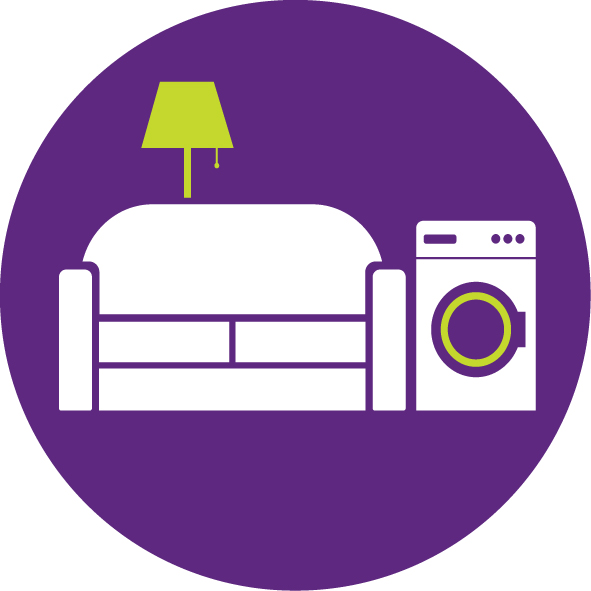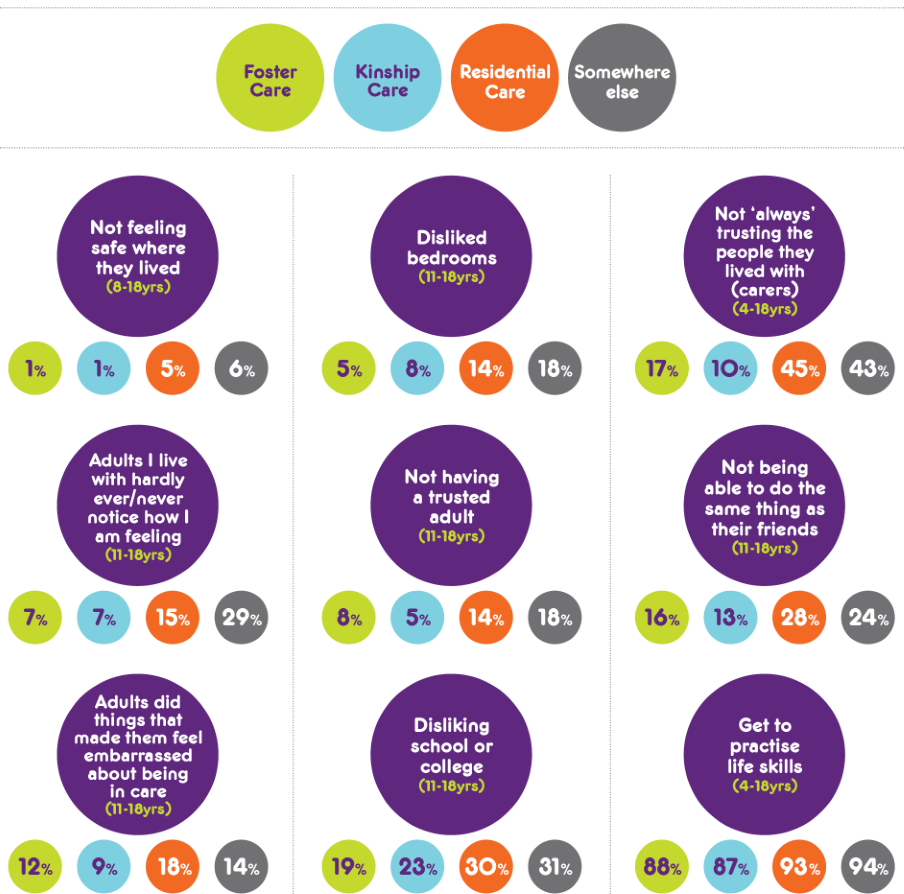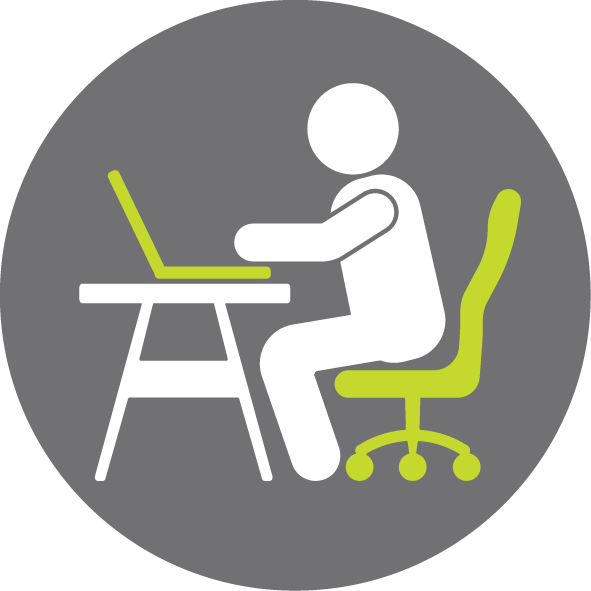Why?
Sheffield regularly take part in the Bright Spots programme – they take the time to listen and respond to how their children are feeling and focus on things that impact on well-being. One area that children in care have highlighted as important is having lots of chances to have fun and making sure processes/things associated with the care system don’t inadvertently hinder this happening. Children in Sheffield have said they wish they had more friends and better friendships.
What?
Sheffield have started an annual event called ‘Just Do it’. The event is for children in care and care leavers – it showcases local opportunities to get involved in activities, sports, hobbies, and groups. The local authority is committed to making sure children have interests they enjoy outside of school or college – such as swimming, music, drama, football, guides, scouts, cadets, St Johns First Aid, snooker, sports or animal welfare. Having these opportunities not only helps with developing new skills, but also the chance for friendships and a sense of belonging that can support their confidence and potentially last into and through adulthood. Sheffield describe the aims of the event:
+ Raise awareness of ‘what’s out there’ for our children and young people
+ Raise awareness of ‘what’s out there’ for our carers (fostering and residential)
+ Provide taster sessions for our children and young people to ‘give it a go’.
Impact
The ‘Just Do It’ event is now a regular fixture in the calendar – it has been held twice with plans underway for a third time.
So far 200 children and carers have attended and 40 local organisations been involved. Feedback from both carers and young people has been positive.






